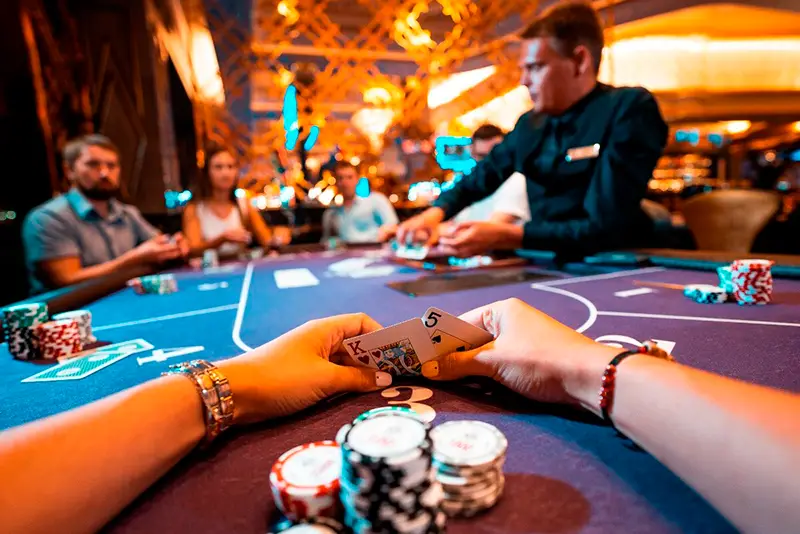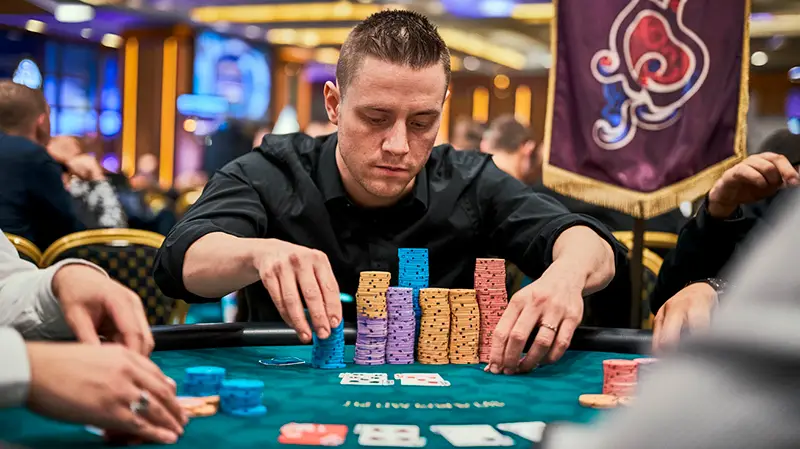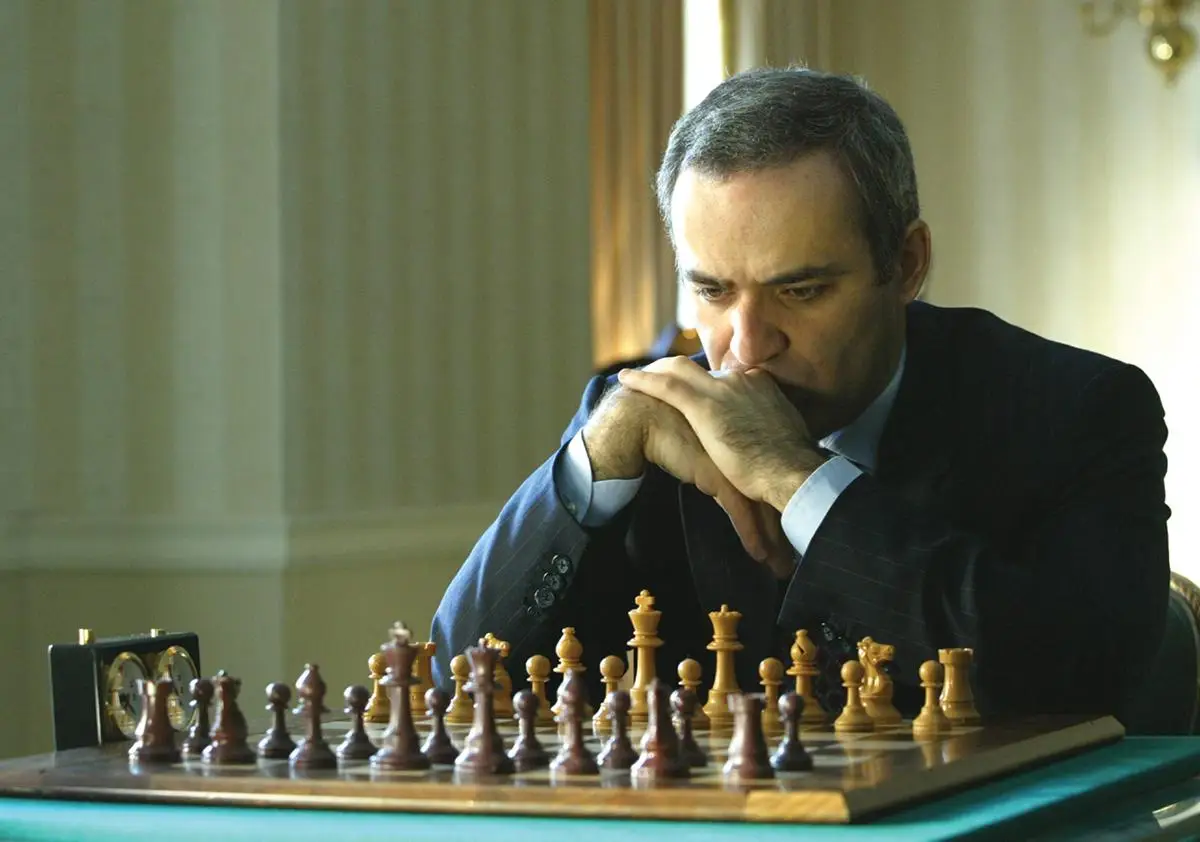Poker has long ceased to be just a card game. Today, poker tournaments attract millions of spectators and players. Competitions are becoming large-scale media events and powerful drivers of poker tourism. According to statistics for 2024, the popularity of poker among Russians grew by 20 per cent. In the upcoming season, even more rapid growth is predicted. It’s important for participants and spectators to know exactly what poker tournaments are coming up in 2025. Let’s talk about it in more detail below.
Poker Tournament Schedule 2025: What to consider for maximum results
Planning your travel to poker tournaments in 2025 is a necessity. The experience of past participants shows that the earlier the preparation starts, the higher the chance to win prizes. In 2024, Russian poker player Anton Petrov, having started preparation 6 months before the WSOP tournament, took the prize. At the same time, he won $250,000. This proves the effectiveness of a systematic approach. Early registration saves up to 30 per cent of your budget and increases your chances of getting into the event by a quarter. The 2025 poker tournament schedule is now available and it’s time to explore it in detail.
Main 2025 poker tournaments
In 2025, poker series will unfold on a massive scale. These tournaments are characterised not only by prestige, but also by record prize pools. For a successful participation is important gaming strategy and the right choice of the event.
Between May and July 2025, the legendary WSOP series will take place in Las Vegas. It invariably attracts a record number of participants. The buy-in for the main event will be $10,000. And the total prize pool, according to the official announcement, will exceed last year’s figure by 5%. It will reach more than $90 million. Within poker tournaments in 2025, the WSOP will be the most anticipated series. Due to its unique format and high competition among professionals.

Other tournaments this year:
- EPT – European Poker Classics Drive. In 2025, it will be held in locations attractive to Russian players: Barcelona, Prague and Monte Carlo from February to April. Last year’s EPT Prague main event attracted more than 1,100 players. Its prize pool exceeded €5 million. It is expected to grow by another 10% in 2025, so for those wishing to compete for the big winnings, it’s best to book your seats to poker tournaments in advance.
- The WPT is poker with an American accent. In 2025 it will be held in US cities from April to September: Atlantic City, Miami, Las Vegas. The prize pool of the WPT World Championship traditionally exceeds $15 million. A special feature of the WPT – buy-ins from $3,500 to $25,000. The importance of participating in WPT 2025 poker tournaments is emphasised by the annual 10-15% increase in prize money.
- Triton Poker Series – poker tournaments in 2025 for high rollers. Buy-ins start at $100,000 and go up to $250,000. Competitions will be held in Macau, Montenegro and Cyprus in June-August 2025. In 2024, the prize fund of the Triton series exceeded $50 million. In the coming season the organisers promise to increase it by at least 7%.
Russian offline poker tournaments: RPT and other series in 2025
 Russia will become an important point on the world poker map thanks to the RPT series and other offline poker tournaments. These events take place in the country’s top casinos and interest in them is growing every year.
Russia will become an important point on the world poker map thanks to the RPT series and other offline poker tournaments. These events take place in the country’s top casinos and interest in them is growing every year.

The RPT in 2025 will be held in three key cities in Russia:
- Sochi (April).
- Moscow (June).
- Kaliningrad (September).
In 2024, more than 800 people took part in the Sochi stage of the RPT. The prize fund totalled 45 million roubles. It is expected to increase by 20% in 2025. The advantage of offline play is live interaction, where your opponent’s emotions are often more important than the cards in your hand. This is especially valuable for poker tournaments in 2025, where competition is expected to be higher than usual.
The Triton Poker Series is known as a series for players with big budgets and serious ambitions. Buy-ins in 2025 remain high and the total prize pool could reach $60 million. The tournament will take place in Macau and Montenegro, attracting some of the world’s richest and most famous poker players.
The advantages of participating in live tournaments:
- The opportunity to personally meet and share experiences with well-known professionals. For example, Daniel Negreanu, Phil Ivey or Jason Kuhn;
- minimisation of random factors such as unstable internet, server outages or technical glitches typical of online gaming;
- unique atmosphere of excitement, emotion and sporting spirit makes participation unforgettable;
- the ability to clearly read the emotions of your opponents and use this to inform your strategy.
Trends and innovations in poker tournaments in 2025
Poker trends in 2025 are changing and this is having an impact on event organisation and game formats. More and more series are introducing new disciplines: Short Deck Hold’em (6+ Hold’em) and Mix formats. This makes the main poker tournaments in 2025 more attractive to viewers and players. Last year, their broadcasts attracted 40 per cent more viewers from Russia. And this trend continues to gain momentum. Technological innovations in the form of interactive online broadcasts and augmented reality will become the norm.
Conclusion
 Planning for poker tournaments in 2025 is a key factor in performing well and achieving solid results. By studying the 2025 poker tournament schedule in advance, you can plan your budget, choose comfortable accommodations and register for big-prize tournaments. Find out the details and start preparing now, taking the first step towards a big win.
Planning for poker tournaments in 2025 is a key factor in performing well and achieving solid results. By studying the 2025 poker tournament schedule in advance, you can plan your budget, choose comfortable accommodations and register for big-prize tournaments. Find out the details and start preparing now, taking the first step towards a big win.
 en
en  ru
ru  de
de  ar
ar  es
es  nl
nl  hi
hi  fr
fr  it
it  pt
pt  el
el 










